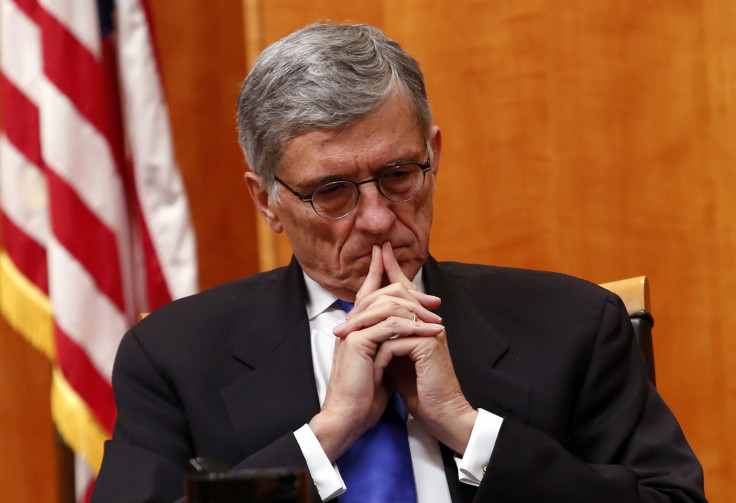Voice Service Or Internet Access? Under FCC Plan Poor Will Have To Choose For Subsidy

Voice or Internet? Under the Federal Communications Commission new broadband subsidy plan, the poor would have to choose.
The FCC released a proposal Thursday that would update the government’s current subsidy program for phone service to include access to broadband internet. The proposal would require a participant to choose between subsidized voice or broadband access, however.
Lifeline, a $1.7 billion subsidy program for phone service, currently serves 1.2 million Americans. The program was established in 1985 by the Reagan administration to provide low-income Americans with phone service. Households are eligible by having an income at or below 135 percent of the federal poverty line. The subsidy is currently $9.25 per month.
In the intervening years, broadband has become as much a lifeline for Americans as voice service, so the FCC wants to expand that, but the subsidy would not apply to both voice and broadband.
"The world is functioning as if everyone is on the Internet," said Kristine Debry, vice president of the policy strategy center at DC-based non-profit Public Knowledge. "Low-income people are no different from the rest. They have homework. They need to communicate with the school. They need to get news. They need to hear from employers, apply for jobs, communicate with healthcare providers."
The proposal could create a standard for broadband plans that are eligible to Lifeline customers and provide minimum service requirements.
Current plans under Lifeline vary by service providers and state options. Sharell Harmon, a 23-year-old single mother from West Virginia who spoke to the New York Times, has access to 250 voice minutes and 1,000 text message under her Lifeline plan. That current offering does not extend to data on her phone.
According to the FCC, just 48 percent of those making less than $25,000 have access to broadband at home.
© Copyright IBTimes 2024. All rights reserved.






















